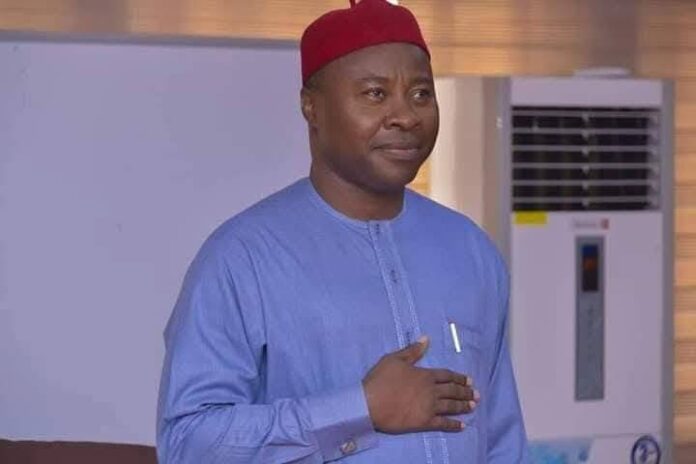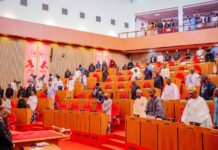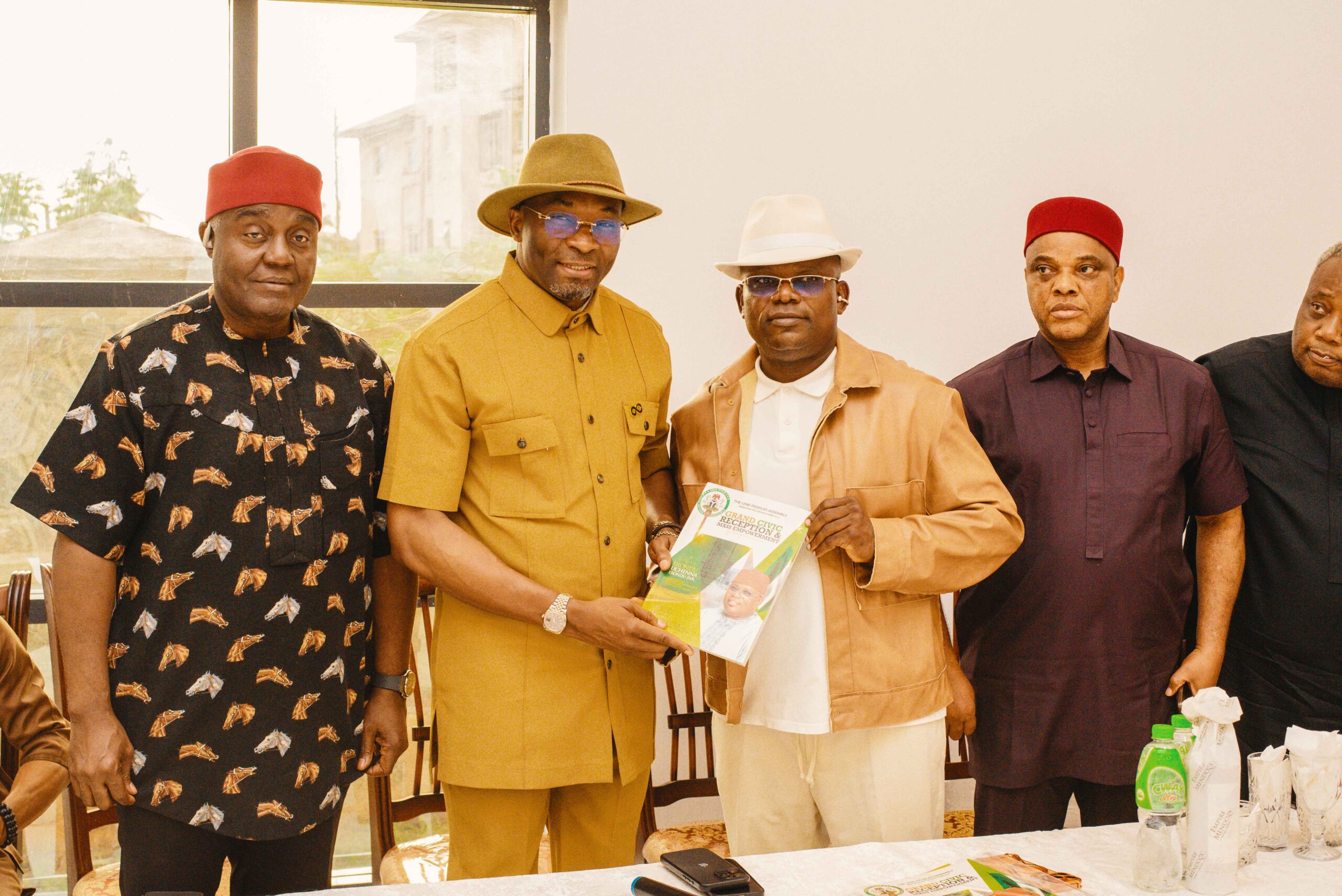By Ugochukwu Okezie
In a country where public service is often defined by rhetoric, Prince Paul Ikonne has quietly built a career rooted in measurable results. As the former Executive Secretary of the National Agricultural Land Development Authority (NALDA), Ikonne transformed a largely dormant federal agency into a functional driver of youth empowerment, agricultural revitalization, and institutional transparency — all without the drama of political spectacle.
His approach to governance — focused on systems, digital infrastructure, and performance indicators — has earned him quiet credibility among public policy observers. Increasingly, it is prompting a question that is gaining traction in his home state: What could Abia achieve under a leader who has already delivered results nationally?
From the Margins to Federal Impact
Before 2020, NALDA was barely visible on Nigeria’s governance map. Set up in the early 1990s and later scrapped in 2000, it was reinstated by President Muhammadu Buhari with a mandate to drive land-based rural development. But mandates alone do not drive impact — leadership does.
Under Ikonne’s stewardship, NALDA launched the Young Farmers Scheme, targeting youth in agriculture across multiple value chains. The results were tangible:
Over 100,000 Nigerian youth enrolled across 34 states (NALDA Progress Report, 2022).
15,000+ hectares of land recovered, cultivated, and digitally allocated.
Construction of Integrated Farm Estates in rural communities — complete with training centers, hostels, irrigation systems, and processing units.
Rollout of biometric registration, digital monitoring, and land mapping tools to prevent duplication and leakages.
“Ikonne turned NALDA into a case study in how a federal agency should work,” said one analyst with the National Bureau of Statistics who requested anonymity. “He didn’t politicize the job — he professionalized it.”
Aba Roots, Technocratic Mindset
Born and raised in Aba, Nigeria’s informal industrial capital, Prince Ikonne’s leadership style reflects the values of his environment: resilience, innovation, and a disdain for inefficiency.
Aba, known for its tens of thousands of artisans, traders, and small-scale manufacturers, is a city built on personal enterprise. But like much of Abia, it has suffered from infrastructural decay, governance fatigue, and years of political mismanagement.
> “The government often treats Aba like a problem when it’s actually the solution,” said Ikonne in a 2021 interview. “The productivity is already there. What’s missing is structure.”
His work at NALDA demonstrates his belief in systemic thinking over political gesturing — a leadership model that is still rare at the state level.
Policy Lessons for Abia State
Abia currently ranks among Nigeria’s lowest-performing states in infrastructure investment, digital governance, and youth employment. According to BudgIT’s 2024 State of States Report, Abia’s internally generated revenue (IGR) is under 20% of its budgetary expenditure, and youth unemployment remains above 50%.
Yet the state’s potential — especially in Aba — is undeniable.
Ikonne’s model offers a relevant framework:
Challenge Ikonne’s Legacy at NALDA
Land Access & Regulation Digital land mapping and allocation
Youth Disengagement Skills-based agri-enterprise schemes
Institutional Weakness Biometric registration and e-monitoring tools
Economic Informality Cluster-based production models in rural areas
This governance architecture — if localized — could support Aba’s artisans, micro-manufacturers, and SMEs with real infrastructure, credit access, and policy protection.
Not a Campaign, But a Case Study
Ikonne has not publicly declared interest in the 2027 governorship election. Those close to him describe him as focused, patient, and unconcerned with media appearances. Still, the public conversation is shifting.
Policy analysts and civil society actors in the Southeast are beginning to look beyond traditional political actors and toward technocrats who have governed without drama — and with deliverables.
“Leadership isn’t about charisma anymore,” says Dr. Ndidi Amadi, a governance fellow at the Centre for Policy Impact, Abuja. “It’s about who can build systems, manage public funds transparently, and empower the next generation. Ikonne checks those boxes.”
A Future Yet to Be Defined
Abia is at a turning point. In cities like Aba, the question is no longer about survival — it’s about how to scale. How to convert daily innovation into lasting wealth. How to digitize public services. How to partner with citizens, rather than rule over them.
These are not philosophical questions. They are technical challenges — the kind Ikonne has already tackled at scale.
Whether or not he returns to state-level leadership, Prince Paul Ikonne’s federal record stands as proof that performance-based governance is not a myth in Nigeria — it is simply a choice.
And perhaps, in 2027 or beyond, Abia State may decide to make that choice.












